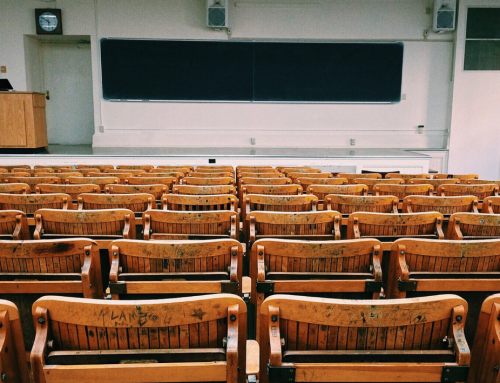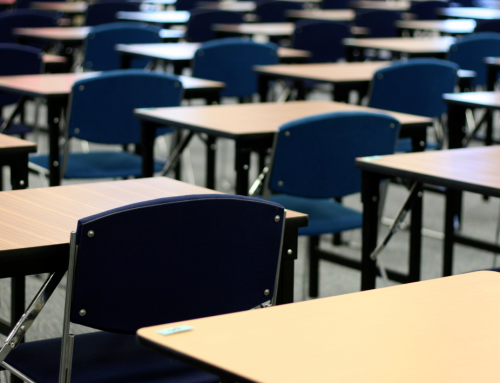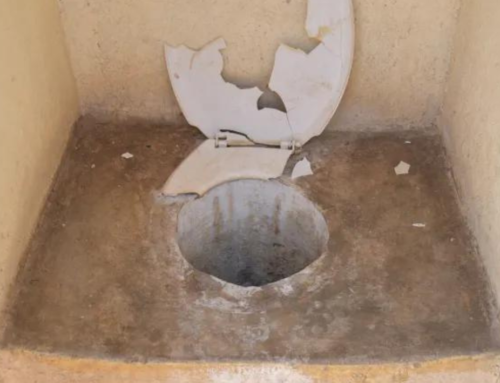

Ms Cynthia Majeke, UDM Member of Parliament
Honourable Chairperson and Honourable Members
Education is the greatest investment into the success of the National Development Plan and the advancement of the South African socio-economic status and basic education is the starting point.
Over time the quality and output of the South African basic education system has changed.
On the positive side:
• Pre-school enrolment has improved;
• The proportion of people with aged 20 and above, with no formal schooling, has fallen significantly to 4.8% in 2016 from 13% in 1995;
• Matric candidates receiving a bachelor pass have increased from 20.1% in 2008 to 28.7% in 2017; and
• Many schools now have clean water and electricity.
However, the negatives of this system are overwhelming.
• Just under half of children whom enrol in grade one makes it to grade 12;
• Roughly 20% of grade 9, 10 and 11 are repeaters, which suggests that they have been poorly prepared in the early grades;
• Less than 7% of matric candidates pass math with a grade of 70%;
• In the poorest quintile of schools, less than 1% of matric candidates receive a distinction in math;
• Only one in three schools have a library and one in five have a science laboratory.
The poor quality of math education in South African schools is of great concern. Math, in all probability, is the most important marker in determining whether a young person will enter the labour market or grow to become a professional.
Whilst this problem is across the board, the quality is worse in the poorest quintile of schools, leaving no doubt that the inequalities in the schooling system is replicating pre-democratic trends of poverty and inequality in our society.
Our economy is evolving in favour of high-skilled tertiary industries, yet political pressure and policy is being used to drive up the cost of unskilled labour. This means that the majority of poor children are unlikely to ever find gainful employment.
The current school infrastructure remains the devil in our system of basic education. Schools built out of mud, wood, zinc and asbestos should have been replaced by November 2016. Yet by its own admission the department of education will only meet this expired deadline, six years later. Furthermore, provinces like Eastern Cape add to the educational challenges by being culprits of under-expenditure in this regard.
Chairperson, the department must resist its current practice of building schools that become white elephants because there was a lack of proper understanding of the local demographics and no direct participation of the provincial stakeholders which must include all sectors a community.
Whilst we support the report, we are doing so under protest, because our system represents the single greatest obstacle to socio-economic advancement of our nation. It replicates patterns of unemployment, poverty, inequality and it denies the majority of young people the chance to make it in life. Additionally, the dismal failure of the department to replace inappropriate school infrastructure, such as pit latrines, has turned schools into graveyards for learners.
We impress on the minister to pull up the department’s socks and deliver to the poor people of South Africa. Let us put the people first.
Thank you





















